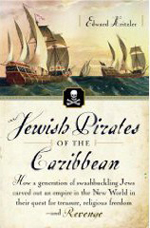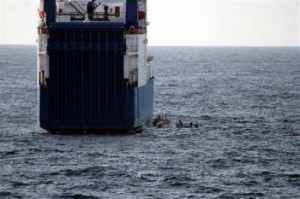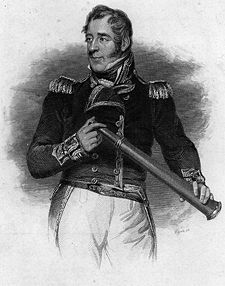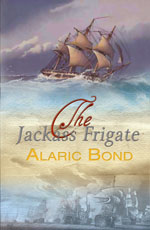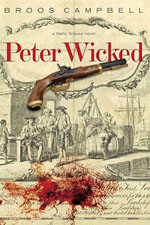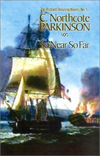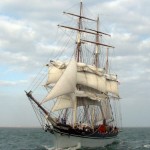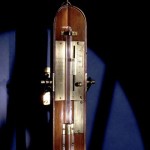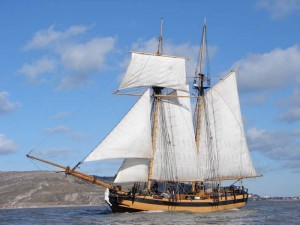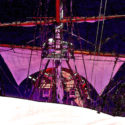 I recently read Joan Druett‘s Shark Island
I recently read Joan Druett‘s Shark Island , the second in her Wiki Coffin series of mysteries. A brief review:
, the second in her Wiki Coffin series of mysteries. A brief review:
What makes a mystery work for me is the detective – the knowledgeable outsider, living between two worlds, who can see things that others might miss. Whether it is Holmes, the consummate middle-class Englishman who is also a cocaine addicted eccentric, or Christie’s Hercule Poirot, the meticulous expert yet always the odd little foreigner; or Tony Hillerman’s Jim Chee and Joe Leaphorn, who as officers of the law represent the white establishment while also having to answer to their own Navajo communities – these detectives keep crossing back and forth between the world around them and their own private realms.
Joan Druett’s Wiki Coffin is just such a character. His father is a New England ship’s captain and his mother a Maori. In Druett’s Shark Island , he serves as a translator for Wilke’s US Exploratory Expedition of the Continue reading →
, he serves as a translator for Wilke’s US Exploratory Expedition of the Continue reading →
 As this is a nautical blog, I do feel compelled to at least tip our hat to Andrew Sullivan’s recent article “Why I Blog“, in this month’s Atlantic Monthly . (I do recommend Sullivan’s political blog for the Atlantic – The Daily Dish.)
As this is a nautical blog, I do feel compelled to at least tip our hat to Andrew Sullivan’s recent article “Why I Blog“, in this month’s Atlantic Monthly . (I do recommend Sullivan’s political blog for the Atlantic – The Daily Dish.)

